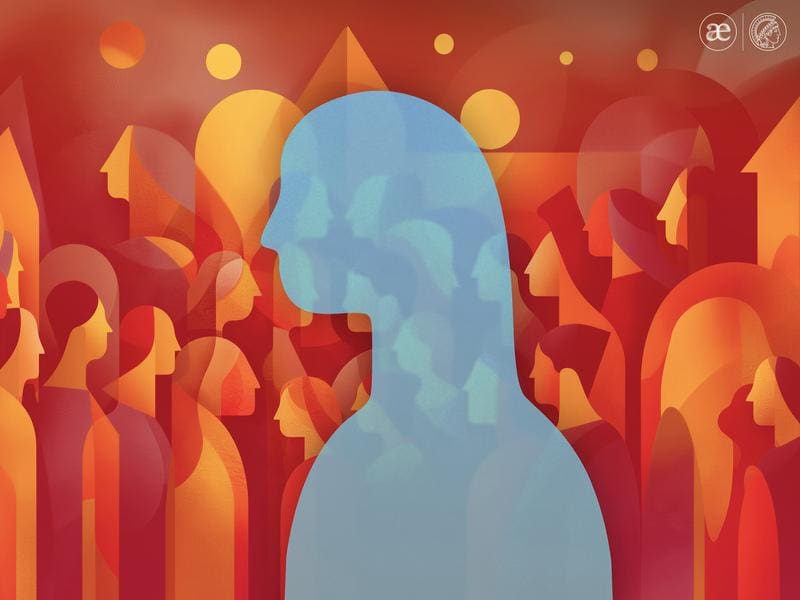Study sheds light on reasons for lifelong sexlessness
An international study with the participation of the Max Planck Institute for Empirical Aesthetics (MPIEA) has investigated why some people have never had sex even in older adulthood. The results, published in the journal PNAS, show that lifelong virginity is due to a complex interplay of psychological, social and genetic factors.
The research team, consisting of scientists from the MPIEA, Amsterdam University Medical Center and the University of Queensland, analysed data from over 400,000 Britons aged 39 to 73. About one percent of the participants stated that they had never had sexual experiences. This group was on average better educated, but also lonelier, more nervous and more unhappy. Men with no sexual experience in particular were often physically weaker and lived in regions with a shortage of women. In addition, sexlessness occurred more frequently in areas with high socioeconomic inequality.

About 15 percent of the differences in sexlessness could be explained by genetic factors related to intelligence, education and neurodevelopmental disorders such as autism, among other things. People with no sexual experience were less likely to consume alcohol or drugs and were more likely to wear glasses at a young age. The researchers emphasize that these characteristics indicate a tendency towards a socially withdrawn lifestyle, which can make it difficult to find a partner.
The study emphasizes that sexlessness cannot be reduced to biological or social factors alone, but arises from an interplay of different influences. Although no distinction was made between voluntary and involuntary virginity, the results provide new insights into the links between sexlessness, mental health and social circumstances. They open up starting points for further research, especially on questions of evolutionary biology and mental health.
Original Paper:
Editor: X-Press Journalistenb├╝ro GbR
Gender Notice. The personal designations used in this text always refer equally to female, male and diverse persons. Double/triple naming and gendered designations are used for better readability. ected.




